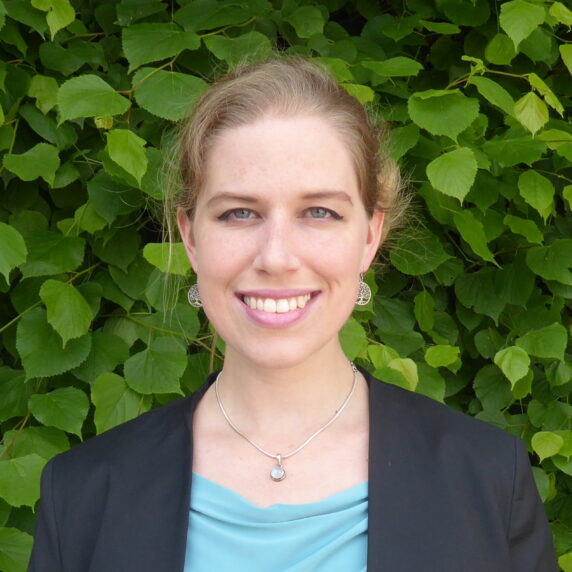


Elise Burton researches the history of the life sciences in the broadest terms, but she is especially interested in how people understand their own ancestry, their relationships to other people in the world and their places in society.
“People are actually now quite familiar with the idea of genetic ancestry testing and the various companies that do that kind of testing,” says the University of Toronto historian.
“People will sort of take those results at face value, and they’ll will take it very seriously. They think that this is science, but as a lot of people within my broader field will tell you, this is actually kind of a form of astrology; it’s not too different from the way that horoscopes work.”
Dr. Burton’s work looks at this problem farther back in history, particularly in the Middle East region. “These ideas actually go back over 100 years. They were originally based on technological approaches that we would now consider outdated, flawed and related to racist and discriminatory ways of thinking.”
In support of her work, Dr. Burton has been named a 2023 winner of the prestigious Dan David Prize, the world’s largest history award. She is one of nine recipients from around the world to receive the $300,000 (USD) prize in recognition of their achievements and to support their future research and teaching.
Popular methods of studying human genetics in the past included measuring skull shapes and testing blood types, for example. “In the 1920s and 30s, this was cutting-edge science,” she says. And while some people may think of ancestry tests today as just for fun, Dr. Burton looks at their darker side in historical contexts.
“There are actually very serious political implications” to the fact that people believed that one’s identity and ancestry can be defined purely in genetic terms, she explains. “So that’s where my work gets complicated.”
Dr. Burton links the histories of these beliefs to big political movements and nationalist ideologies in the Middle East, related to the emergence of “very discriminatory policies like citizenship laws – who gets to be a citizen of a certain country. And that means forms of ethnic cleansing.”
She sees her work as important in promoting “good and socially aware science” today as well, because there is always a risk of discrimination due to the misuse of DNA testing and potential harms from the categorization of people in ethnic terms in scientific research.
The prestigious Dan David Prize brings together an international cohort of judges, experts in different fields, from all over the world. “So I think it’s very meaningful to have your research recognized in this way, by people who are mostly not specialists in my own field.”